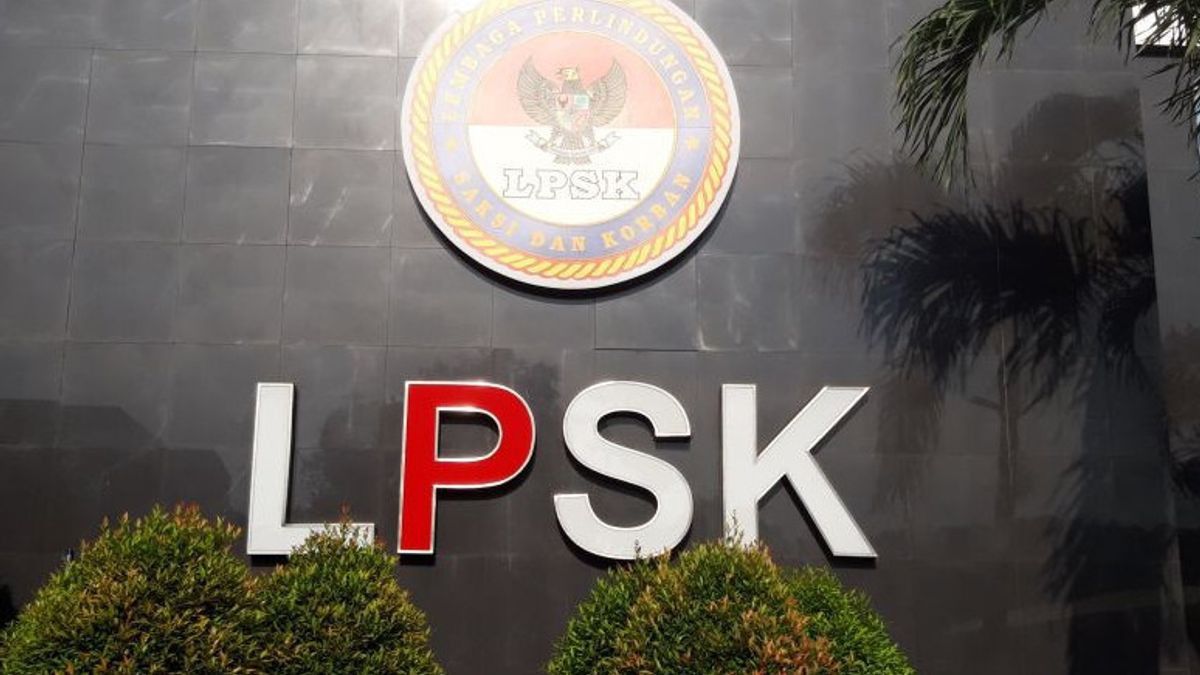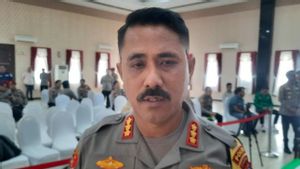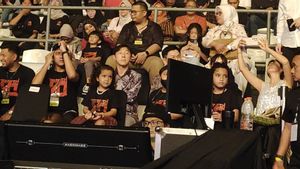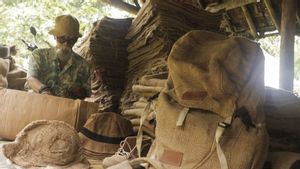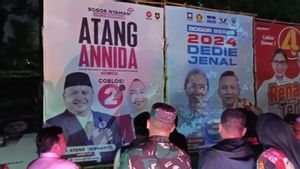JAKARTA - The Witness and Victim Protection Agency (LPSK) believes that the practice of torture in Indonesia is still an "iceberg" phenomenon. There are still many cases that have not been revealed.
"It could be that the actual incident is bigger than that. Because not all people who are victims or witnesses have the courage to report," said Deputy Chair of LPSK Maneger Nasution in a written statement received in Jakarta, Monday, June 27, quoted from Antara.
Based on data submitted to the LPSK, there are at least 13 cases in 2020, 28 cases in 2021 and 13 cases from January to May 2022. However, Nasution believes the data does not necessarily describe the actual event.
"It could be that the real event is bigger than that," he said.
As for the stages of torture that go to LPSK, said Nasution, the highest stage is at the stage of arrest. Second, when there is an investigation, third, outside the legal process and finally while in detention.
The perpetrators of this torture are state officials, state apparatus and public officials.
In addition, LPSK also found a pattern of torture carried out collaboratively between civil society and state officials. For example what happened in Sumba.
"Those who incited military personnel to commit violence were members of the DPRD," he said.
This phenomenon is still happening and cannot be separated from the situation in Indonesia. In addition, the issue of legal substance has not yet regulated the mechanism for preventing torture in the main law, namely the Criminal Code. This is because the KUHP regulates the norm of violence, not torture.
In addition, although Indonesia has ratified the Convention Against Turture (CAT) in 1998, it has not yet ratified the Optional Protocol to the Convention Against Torture (OPCAT).
Not only that, LPSK views that not all law enforcement officers have the same perspective and paradigm regarding torture. There are still law enforcement officers who equate the crime of torture with violence. In fact, the philosophy and character of the two are different.
"Torture is violence carried out by state officials (at state houses or places where the state actually guarantees the security of its citizens) to gather information," he explained.
The English, Chinese, Japanese, Arabic, and French versions are automatically generated by the AI. So there may still be inaccuracies in translating, please always see Indonesian as our main language. (system supported by DigitalSiber.id)
